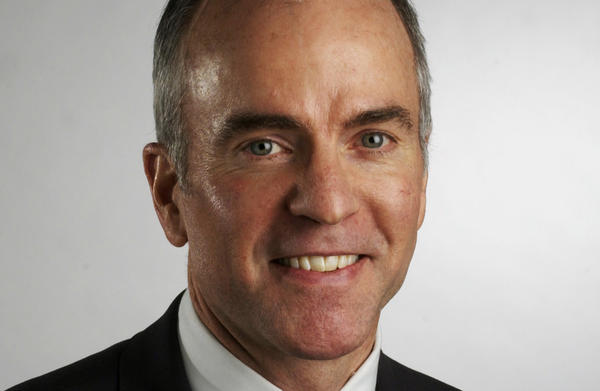The Trump administration is full of people who think that if you’re making the rest of the world mad, you’re doing something right. “It was a blessing to go into the U.N. with body armor every day,” said Nikki Haley after announcing she will leave her post as America’s representative to the international body. Foreign disagreement is taken as vindication.
This is not a new phenomenon. President Bill Clinton defended American unilateralism at the U.N. in 1993 and refused to sign the international treaty banning land mines. His secretary of state Madeleine Albright once bragged, “We are the indispensable nation.”
George W. Bush agreed. With regard to countries from Cuba to Israel, Washington has consistently been willing to defy international opinion.
Firmness in the right is admirable. But stubborn provincialism is not. Often, we could learn from what people and leaders beyond our borders have to say. Declining to tap collective wisdom or draw on the experience of other countries is courting self-destruction.
We should know that from bitter experience, as recounted in historian Max Hastings’ masterful new book, “Vietnam: An Epic Tragedy, 1945-1975.” The war, he reminds us, was a colossal error that we made partly because we wouldn’t listen to foreigners who knew more than we did.
In 1963, French President Charles de Gaulle advised John F. Kennedy against entanglement, which he warned would lead the U.S. into “a bottomless military and political quagmire.” British Prime Minister Harold Wilson rejected a request from Lyndon Johnson to send British troops to fight alongside Americans.
De Gaulle spoke with some authority, if only because France had fought a war to maintain its colonial control of Vietnam, which ended in a humiliating defeat. Britain, as a former imperial power, fully understood the difficulty of trying to use military force to instill Western values in alien lands.
“It was an extraordinary aspect of the war,” writes Hastings, “that the American people and their legislature acquiesced with little remark in a military commitment to a faraway country, heedless of the fact that the rest of the world, including Britain, France, Japan, Canada — almost every developed democracy except Australia — thought U.S. policy foolhardy in the extreme.”
The assumption was that we were braver and smarter than the critics. “Washington believed that de Gaulle’s remarks reflected jealousy about France’s displacement from a region that had once been its property,” writes Hastings. Secretary of State Dean Rusk had a sour answer for Wilson’s refusal: “When the Russians invade Sussex, don’t expect us to come and help you.”
In due time, though, our skeptical allies proved to be right. Had we taken their counsel to heart, we might have been spared the futile sacrifice of more than 58,000 American lives — and the violent divisions the war created at home.
Did we learn from that mistake? Not really. When Bush began preparing to invade Iraq, popular opinion in Europe was strongly against him. The leaders of France and Germany refused to join the crusade. The British government sided with Bush, but the British public didn’t. Across the continent, millions of people marched in protest.
The opposition merely confirmed the conservative belief that the Europeans are useless appeasers. Defense Secretary Donald Rumsfeld dismissed France and Germany as “old Europe.” Republicans on Capitol Hill ordered the congressional cafeterias to change “french fries” to “freedom fries” on the menus.
Again, though, our foreign critics proved more prescient than we were. France and Britain are located much closer to the Middle East than we are, and their governments were deeply involved in the Middle East long before we were. Whatever they gained from their perspective could have been useful to Bush and Rumsfeld. There’s no shame in learning from the mistakes of others.
But American presidents often prefer to make their own. Trump has defied the world consensus by pulling out of the Paris climate accord, disregarding a global menace that won’t spare us. He withdrew from the Iranian nuclear deal, which was signed by Germany, France, Britain, China, Russia and the European Union — none of which followed him out.
The assumption in his administration is that, as Paul Newman put it in the movie “Butch Cassidy and the Sundance Kid,” we’ve got vision and the rest of the world wears bifocals. Experience, however, suggests the U.S. government is fully capable of overlooking what is obvious to others.
Nikki Haley is right that body armor has its uses. But it doesn’t make you smarter.
Steve Chapman blogs at http://www.chicagotribune.com/news/opinion/chapman. Follow him on Twitter @SteveChapman13 or at https://www.facebook.com/stevechapman13. To find out more about Steve Chapman and read features by other Creators Syndicate writers and cartoonists, visit the Creators Syndicate website at www.creators.com.



